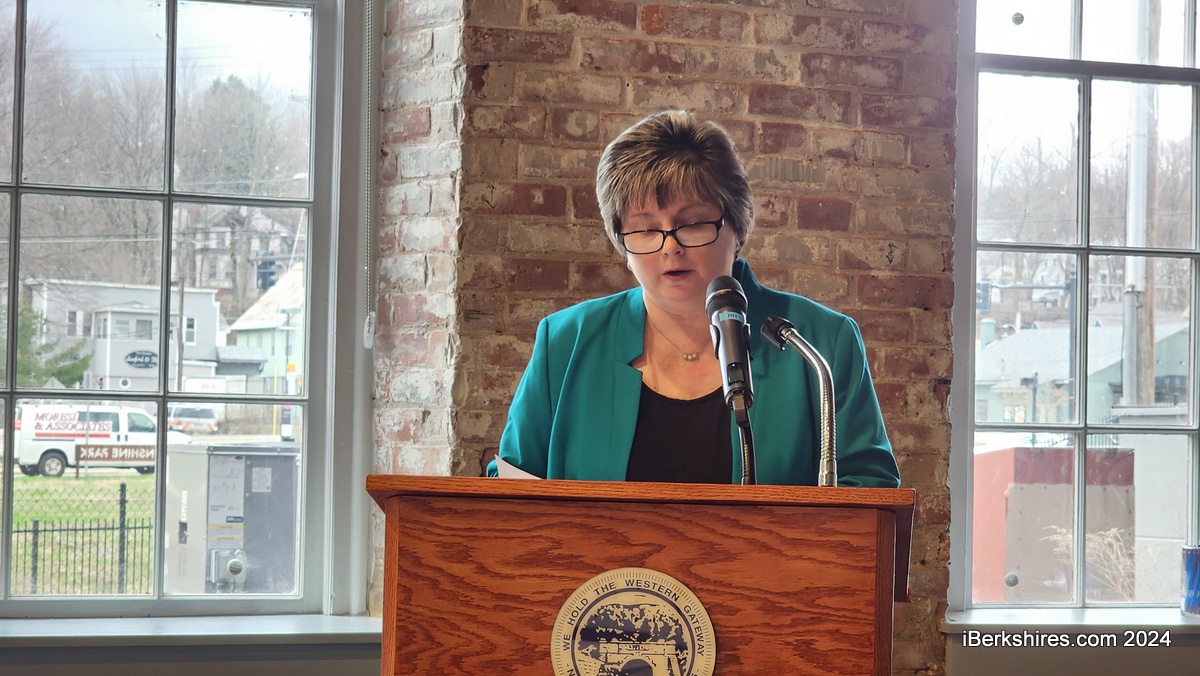
Protect Yourself Against Long-term Care Costs
 |
If you're fortunate, you'll live independently and in good health throughout your retirement years. However, if you ever needed some type of long-term care, such as a stay in a nursing home, would you be financially prepared?
To answer this question, you may want to evaluate two variables: your likelihood of needing long-term care and the cost of such care. Consider the following:
* Someone turning age 65 today has an almost 70 percent chance of eventually needing some type of long-term care, according to the U.S. Department of Health and Human Services.
* The average cost for a private room in a nursing home is about $100,000 per year, while a home health aide costs about $50,000 per year, according to Genworth, an insurance company.
Clearly, these numbers are worth thinking about. If you needed several years of long-term care, the expense could seriously erode your savings and investments. And keep in mind that Medicare typically pays only a small percentage of long-term care costs. Therefore, you may want to evaluate the following options for meeting these expenses:
* Self-insure: You could "self-insure" against long-term care expenses by designating some of your investment portfolio for this purpose. However, as the above numbers suggest, you likely would have to put away a lot of money before you felt you were truly protected. This could be especially difficult, given the need to save and invest for the other expenses associated with retirement.
* Long-term care insurance: When you purchase long-term care insurance, you are essentially transferring the risk of paying for long-term care from yourself to an insurance company. Some policies pay long-term care costs for a set number of years, while others cover you for life. You can also choose optional features, such as benefits that increase with inflation. And most long-term care policies have a waiting period between 0 and 90 days, or longer, before benefits kick in. You will want to shop around for a policy that offers the combination of features you think best meet your needs. Also, you will want an insurer that has demonstrated strength and stability, as measured by independent rating agencies. Here's one final point to keep in mind: Long-term care premiums get more expensive as you get older, so if you're interested in this type of coverage, don't wait too long to compare policies.
* Hybrid policy: A "hybrid" policy, such as life insurance with a long-term care/chronic illness rider, combines long-term care benefits with those offered by a traditional life insurance policy. So, if you were to buy a hybrid policy and you never needed long-term care, your policy would pay a death benefit to the beneficiary you’ve named. Conversely, if you ever do need long-term care, your policy will pay benefits toward those expenses. And the amount of money available for long-term care can exceed the death benefit significantly. Hybrid policies can vary greatly in several ways, so, again, you will need to do some research before choosing appropriate coverage.
Ultimately, you may decide you're willing to take the chance of never needing any type of long-term care. But if you think that's a risk you would rather not take, then explore all your coverage options carefully. There's no one right answer for everyone – but there's almost certainly one for you.
This article was written by Edward Jones for use by your local Edward Jones financial advisor. Courtesy of Rob Adams, 71 Main Street, North Adams, MA 01247, 413-664-9253.. Edward Jones, its employees and financial advisors cannot provide tax or legal advice. You should consult your attorney or qualified tax advisor regarding your situation. For more information, see EdwardJones.com.
















